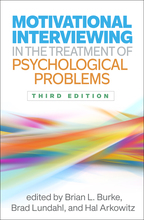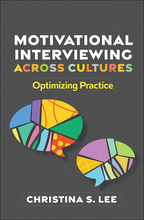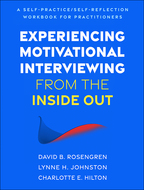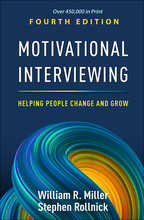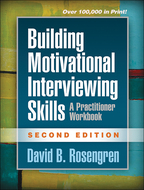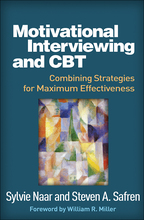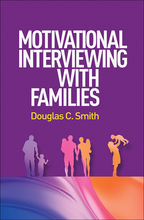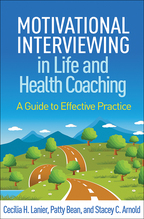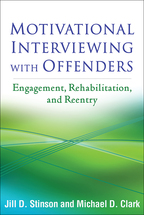Motivational Interviewing in the Treatment of Psychological Problems
Third Edition
Edited by Brian L. Burke, Brad Lundahl, and Hal Arkowitz
HardcoverPaperbacke-bookprint + e-book
Hardcover
orderJanuary 16, 2025
ISBN 9781462556229
Price: $74.00 330 Pages
Size: 6" x 9"
Paperback
orderJanuary 2, 2025
ISBN 9781462556199
Price: $49.00330 Pages
Size: 6" x 9"
e-book
orderDecember 30, 2024
PDF and Accessible ePub ?
Price: $49.00 330 Pages
ePub is Global Certified Accessible
print + e-book $98.00 $58.80
orderPaperback + e-Book (PDF and Accessible ePub) ?
Price: 330 Pages
ePub is Global Certified Accessible
Sign up for emails on upcoming titles on Motivational Approaches (with special discounts)!
With 75% new material, the fully revised third edition of this clinical reference and text describes ways to integrate motivational interviewing (MI) into evidence-based psychotherapy and counseling. Readers learn how MI concepts and tools can enhance their foundational skills as helpers—and can be tailored for clients with depression, anxiety disorders, addictions, posttraumatic stress disorder, and other frequently encountered problems. Chapters are grounded in research on what works for particular disorders. Vivid case examples illustrate the role that MI can play in helping clients at any stage of treatment to resolve ambivalence and mobilize their energy, commitment, and personal resources for change.
New to This Edition
New to This Edition
- Chapters on culturally responsive MI, trauma-informed practices, and MI in child welfare.
- Chapters on treating chronic pain and serious mental illness.
- Key developments in MI, as well as current psychological research.
- Extensive annotated sample dialogues throughout the chapters.
This title is part of the Applications of Motivational Interviewing Series, edited by Stephen Rollnick, William R. Miller, and Theresa B. Moyers.

